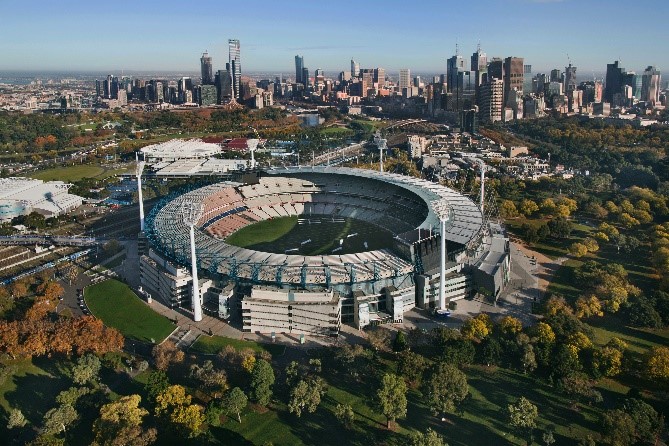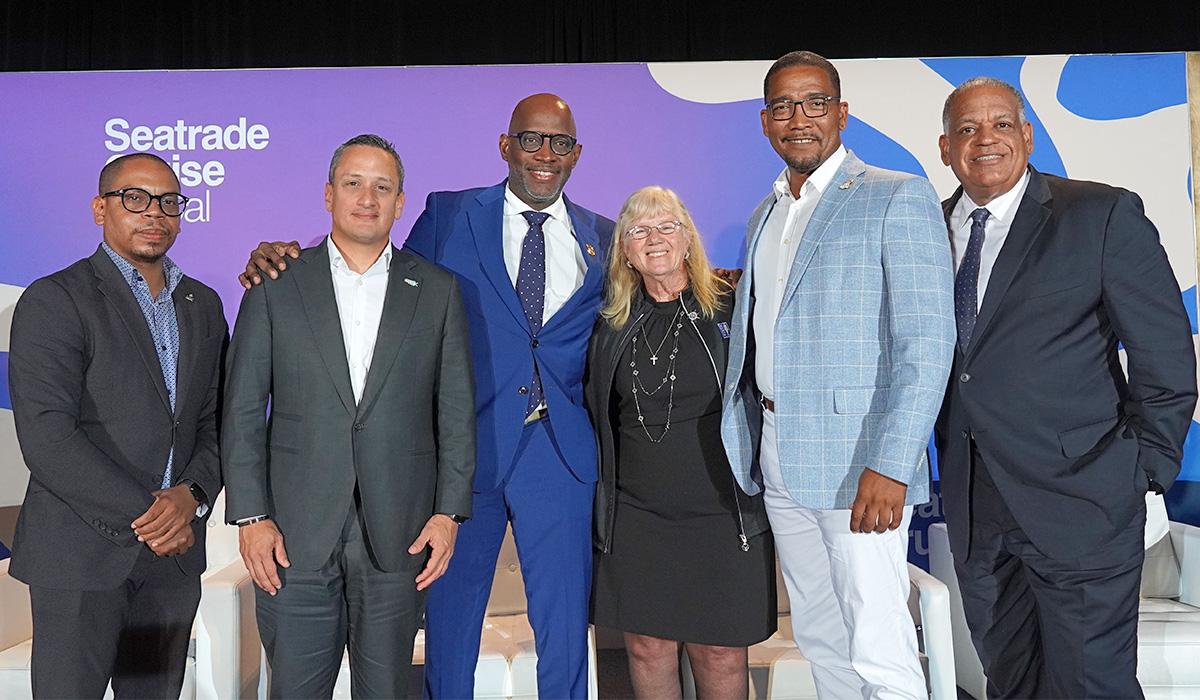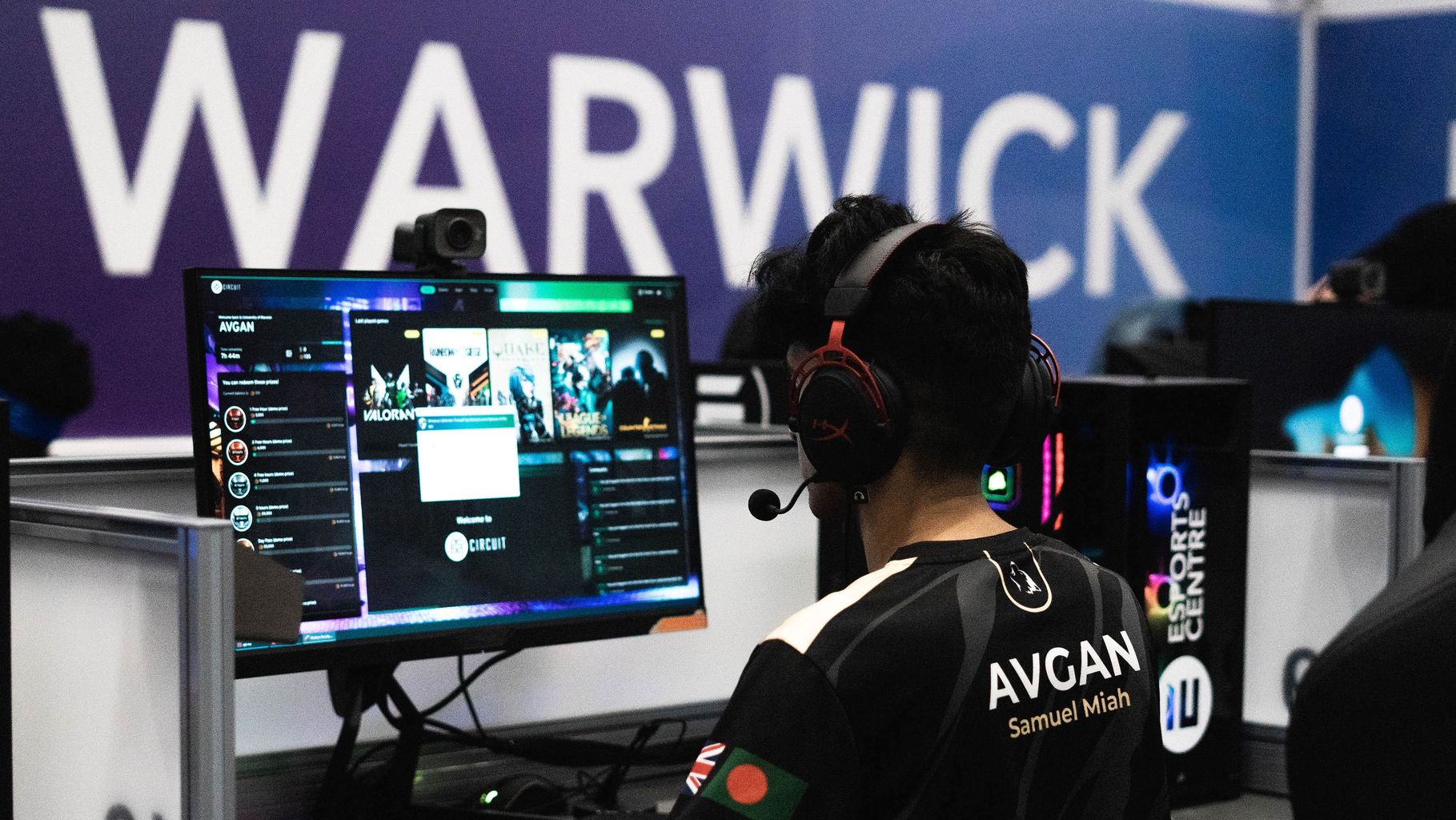The United States is working hard to lower wait times for visitor visa interviews while protecting its national security. If you’re planning to travel to the United States on a visitor visa within the next year or two, the State Department recommends planning ahead and leaving plenty of time for the interview.
As of January, the median worldwide wait time for a visitor visa (B1/B2) interview appointment is about seven weeks, the State Department says, “and applicants with urgent travel needs who meet certain criteria can apply for an emergency appointment, usually available within days.” Wait times vary according to locations, so early planning is important.
To improve the visa application process and counter longer interview wait times in countries with high demand, the State Department’s Bureau of Consular Affairs is using new tools to speed the process and enhance customer service, including:
- Waiving in-person interviews when possible, especially for non-immigrant applicants who have had a visitor visa before and travelled recently. Almost half of the 7 million non-immigrant visas issued in the 2022 fiscal year were issued without an in-person interview. To find if you qualify, visit your nearest embassy website at usembassy.gov.
- Sharing workloads among U.S. embassies and consulates to help those with high visa appointment wait times. For example, U.S. consular officers in a location with lower non-immigrant wait times can now remotely review thousands of non-immigrant visa applications for applicants who do not require an interview, freeing up interview capacity in countries with longer interview wait times.
- Adding new tools on the State Department’s travel website, allowing anyone to view and compare wait times at embassies and consulates for non-immigrant visa interviews and interview waiver applications. If wait times are long where you are living, you can choose to apply anywhere in the world.
“We have implemented efficiencies that allow us to do more work with fewer resources, all while safeguarding national security,” says the State Department.












